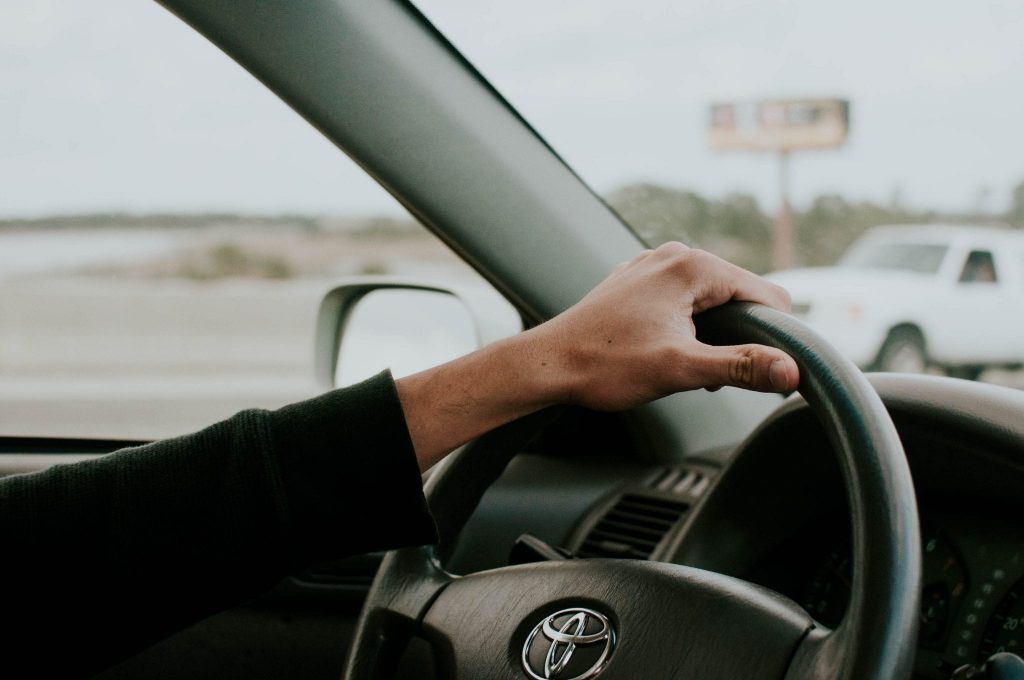
Coronavirus spreads at a rapid rate and it has already infected more than 1 million people worldwide. To limit its distribution, all that people should do is not leave the house.
However, this is not always possible because people have to buy food and medicine, as well as go to work. A pandemic is not the best time to get into an accident. Therefore, you should not forget to follow the rules of safe driving.
1. Be careful
If you consider the rules rather as recommendations than strict teams, you will know when they correspond to the situation, and when not. Always be flexible in choosing the most appropriate response to a particular situation.
2. It’s all about you.
Remember that this is not just about the car. Do not forget about the environment, type of car, necessary skills. Increase concentration and attention when you are driving, and then your driving will remain at the highest level.
3. Hold back fear
We instinctively allow fear to take hold when we encounter something unexpected on the road. However, justified confidence in the correctness of their driving will allow logic and practical experience to prevail over any problems.
4. Safety must be observed
There are three types of drivers: those who themselves have an accident; those who are involved in the accidents of others, and those in which accidents simply do not happen. “Good” drivers can still get into an accident — it is much more important not to suffer.
5. Do not be distracted
Pay attention to your surroundings. Don’t just listen to the radio and watch the speed cameras. Predict possible dangers and they will not take you by surprise.
6. Expect the unexpected
A common understanding of the road situation as a whole means that you will be able to notice in advance events that could cause accidents. Always remember that any accident can be avoided.
7. The more haste, the less speed.
A quick ride is appropriate for car racing. Moving at an even, reasonable pace provides plenty of time and distance to respond to anything you may encounter.
8. Learn driving skills
Most people do not pay enough attention to steering skills. If the car starts to lose control, the steering wheel is the first where you feel it and the main tool for responding.
9. Behave with restraint
Handle the steering wheel and brake carefully. Turn the steering wheel confidently, but gradually, avoiding sudden movements. Increased attention means that you can brake earlier, and more smoothly.
10. Know your limits
If you have not completed a continuing education course, your knowledge is limited. It is important to understand the limits of your skills as a driver and be able not to abuse them.
Picture Credit: Unsplash
